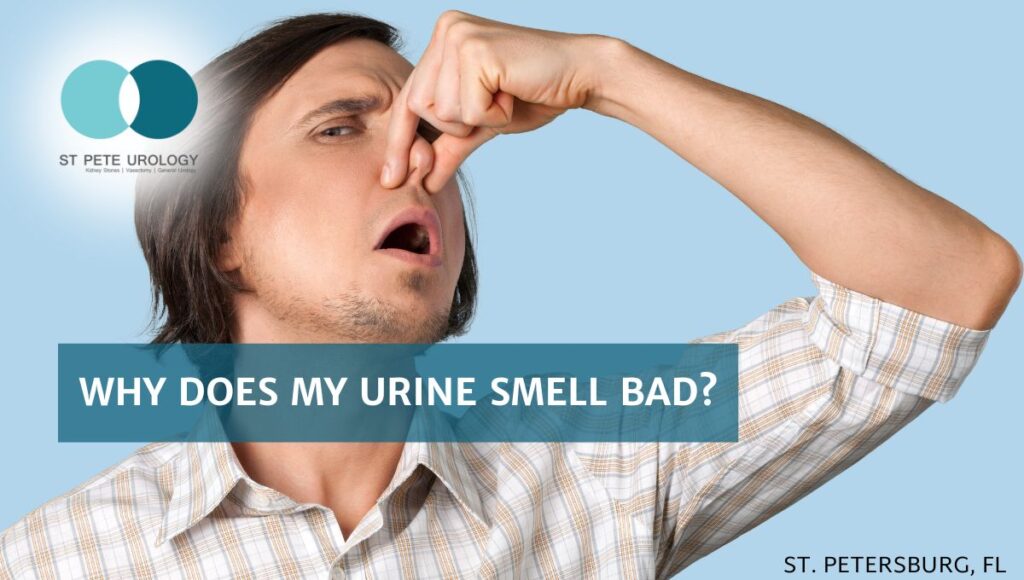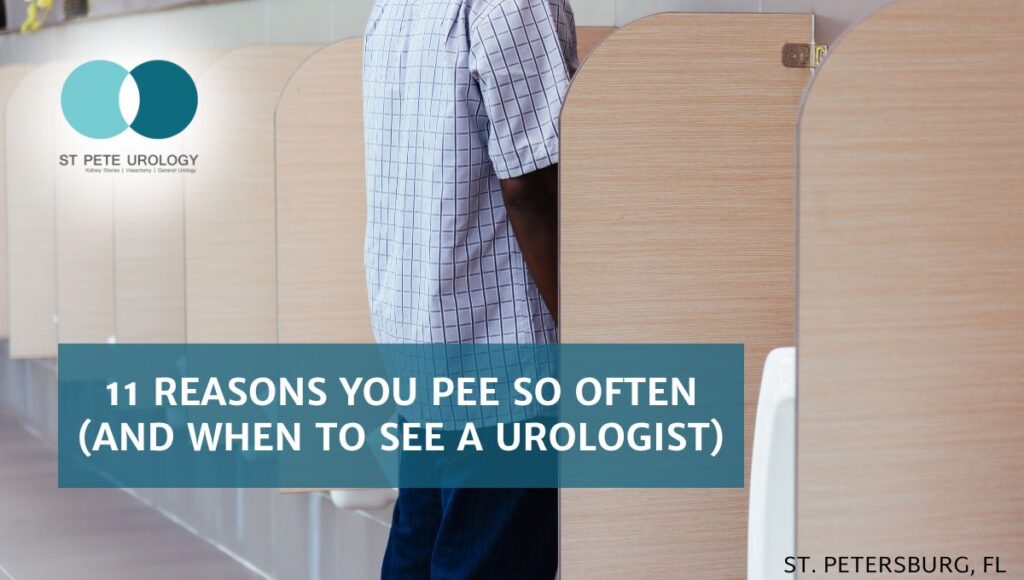The compounds that promote the formation of kidney stones originate from the bloodstream. These compounds get into urine because kidneys play a role in blood filtration and regulate the amount of urinary components that should be reabsorbed back into the bloodstream or released as waste through the urine.
Kidney Stone Inhibitors
Apart from the compounds that promote the formation of stones, urine is comprised of proteins and other substances that inhibit the formation of crystals. Examples of kidney stone inhibitors include magnesium, citrate, phytate, proteins, pyrophosphate and macromolecules. In addition to these components, urine volume also inhibits the formation of kidney stones such that larger urine volumes tend to be more dilute and less saturated. All of these inhibitors help in the removal of crystals before their attachment and growth along the kidneys.
How Kidney Stones Form
For the tiny crystals to grow into bigger stones, urine must undergo supersaturation caused by several factors such as a low volume of urine, a reduced concentration of the kidney stone inhibitors, a very high concentration of compounds that promote kidney stones, or a combination of all these factors.
Normally, there is a good balance between the kidney stone inhibitors and promoters, and the kidneys eliminate tiny crystals without any pain. Therefore, if the crystals are tiny and the urine is less concentrated to prevent supersaturation, the crystals will be eliminated from the body along with urine, through the bladder and ureters, without any problem. However, not everyone has the right balance between stone inhibitors and promoters. Lifestyle, genetics and other factors can increase the likelihood of kidney stone formation. Individuals who lack this balance can greatly benefit from medical treatment and diagnosis at St Pete Urology.





